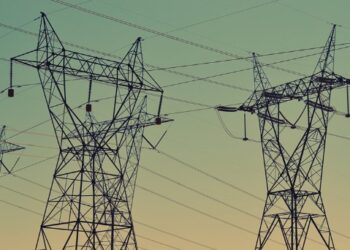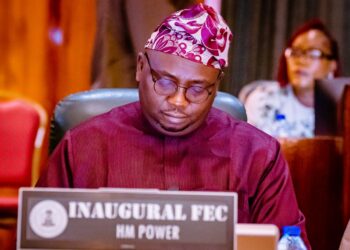Renewable energy capacity as of 2021 was 30%.
This is according to the International Renewable Energy Agency (IRENA). This was stated in the agency’s renewable energy targets report released in November 2022.
According to the report, the world has already achieved 57% of its targeted capacity for 2030. In fact, most regions are above the halfway mark to achieving their targets. However, sub-Saharan Africa is at 30%. The report states:
- “To meet the targets set by 2030, totalling 5.4 TW, countries would be targeting an additional 2.3 TW by 2030, equivalent to average yearly additions of 259 gigawatts (GW) over the next nine years.”
However, the average yearly additions of 259 GW targeted until 2030 are less than a third of the annual capacity of 860 GW that needs to be added to meet the 1.5°C scenarios.
The sub-Saharan African context: In sub-Saharan African countries like Nigeria, complexities arise when it comes to deploying renewable energy technologies to unserved communities.
- Renewable energy expert, Chigozie A. told Nairametrics that reaching some of these communities can prove to be a challenge as some of them are unreachable. He said these communities contribute to the growing number of those without off-grid energy access in the region.
- In its report, IRENA says there are complexities in reaching unserved populations. Moreover, in many countries even where there is access, it is very unreliable.
- Another challenge to the successful adoption of renewable energy technologies in the region is population growth. According to IRENA, the population is growing at a pace that is faster than that of improvements in access to renewable energy for power as well as clean cooking technologies.
The Nigerian context: With the commitment of the Rural Electrification Agency (REA) Nigeria has been able to deploy 1 million standalone solar home systems (SHS) between 2019 and 2022.
- In a statement released in November 2022, the REA said with the milestone, about 5 million people across the six geo-political zones of Nigeria are now enjoying access to clean, safe, reliable & affordable electricity through the use of SHS technology.
- According to the REA, the objective of standalone solar home systems (SHS) for households and micro small medium enterprises (MSMEs), is to help millions of unserved and underserved Nigerian households and MSMEs access better energy services at an affordable cost, through private sector companies.
Socio-economic impact of renewable energy: According to the IRENA report, renewable energy technology adoption, whether for electricity or clean cooking, addresses jobs, local economic value creation, improved livelihoods, gender, and welfare.
- The report further stated that a global energy transition based on renewables under the 1.5°C scenario can lead to a boost in the gross domestic product (GDP).
- The report also states that the socio-economic benefits are potentially more pronounced in Africa, where an energy transition based on renewables has the potential to support industrialization and socio-economic development and improve the welfare of the citizens.
For catchup: Last week, Nigeria’s minister for power, Engr. Abubakar Aliyu said he met with a delegation from the China Renewable Energy Engineering Institute (CREEI) to discuss a potential collaboration.
- With its expertise in solar and wind energy, CREEI could be an asset to the private sector players in the off-grid power sector as well as to educational institutions in the country.






















